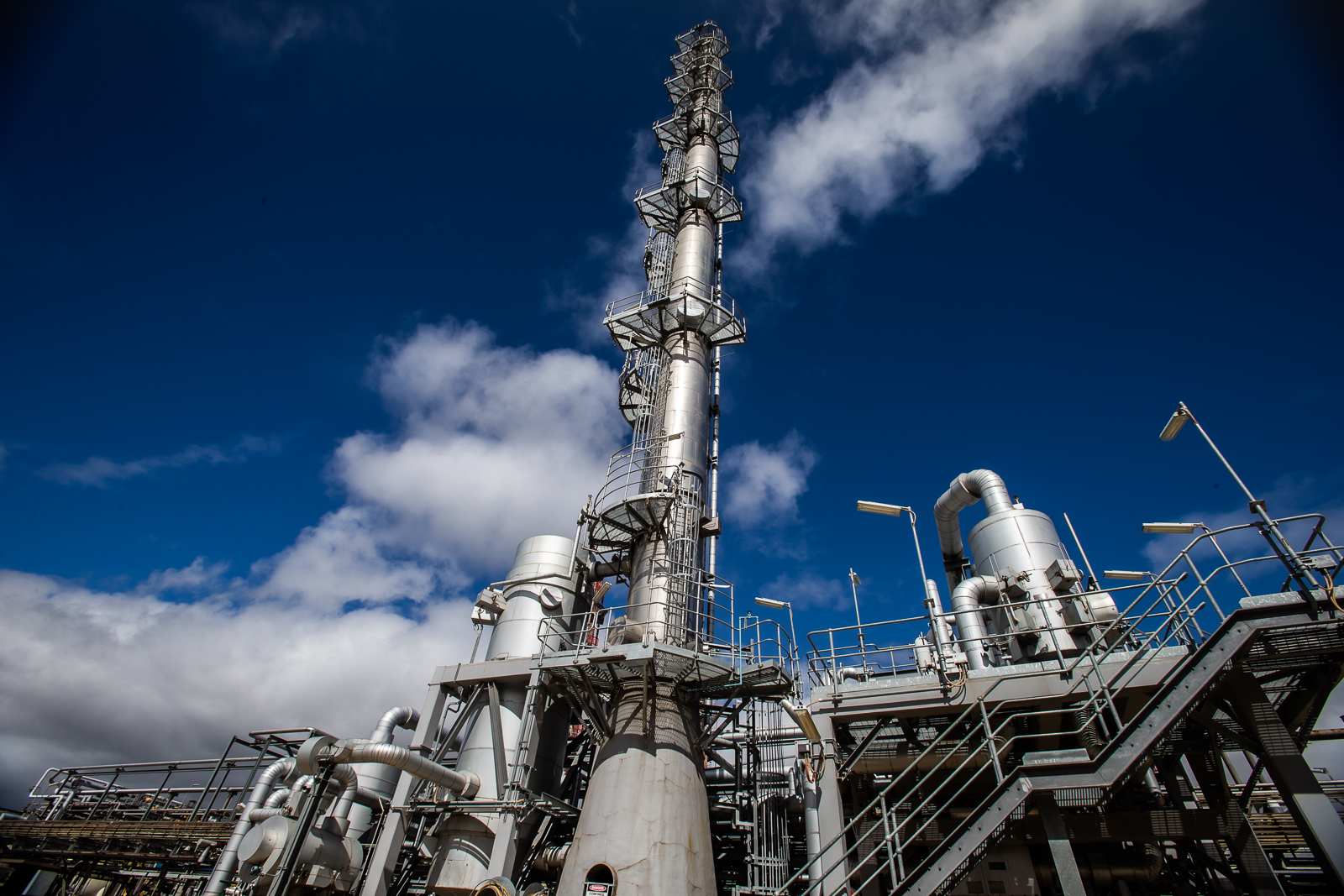
Australia is losing its ability to manufacture basic materials, with recent plant closures spelling the end to local production of polyethylene and the industrial gas helium, while the future of Australian nickel refining is in doubt.
The government’s new manufacturing strategy, outlined last week by Treasurer Jim Chalmers, will include a ‘national interest’ stream of public funding ‘where domestic sovereign capability is necessary to protect our national security interests or ensure our economy is sufficiently resilient to shocks.’
There is a case for intervention to save Australia’s last manufacturer of polyethylene, the Chinese-owned company Qenos, but it is probably too late. Qenos appointed administrators last month, with its petrochemical plants at Altona and Botany likely to be demolished to make way for real estate development.
A spokesman for industry minister Ed Husic told media that the government was ‘actively monitoring the situation’ and what it meant for workers and potential impacts on supply chains.
The failure of Qenos was precipitated by high gas prices and by the 2021 closure of Exxon Mobil’s Altona refinery, which deprived it of its main source of a feedstock, liquefied petroleum gas.
The Chinese state-owned National Chemical Corporation (ChinaChem) bought Qenos from Orica and Exxon in 2005, intending to use it as a base for exports, however the Australian business has struggled over the past few years. Its 2022 financial statements showed accumulated losses of $760 million. Days before the administrators were called in, ChinaChem sold the business to a property business, Logos.
The closure is expected to bring an end to the scale recycling of plastics in Australia, and will also have a significant effect on downstream manufacturers of plastic products across a wide range of industries, ranging from insulation, ducting, synthetic rubber, food packaging and moulded and engineered plastic goods.
Australian Industry Group chief executive Innes Willox said the Qenos failure reflected the erosion of key pillars of Australia’s industrial landscape.
‘The causes and consequences of Qenos’s closure are wide,’ Willox said. ‘A whole range of industrial and commercial products depends on the flow of resources and materials between oil and gas producers, refiners, chemicals businesses like Qenos, intermediate manufacturers of products like food and beverage packaging, and downstream users like food processors. Any house in Australia will have multiple polyethylene products in it.’
A shortage of feedstock gas was also behind the decision by industrial gas group BOC to close its Darwin helium plant in December after 13 years of operation. The plant was Australia’s only producer of helium, which is an essential gas in welding and has a wide range of industrial applications. The plant was also a significant exporter. Australia will now have to import all its helium.
The former Coalition government intervened in 2021 to stop the closure of the last two Australian oil refineries, offering subsidies to Viva in Geelong and Ampol in Brisbane.
This reflected the national security imperative of retaining a domestic capability to produce diesel fuels, following the closure of Australia’s other four refineries since 2011. However, there has been no matching policy for important downstream products.
The erosion of Australia’s industrial capacity to produce basic materials has been underway for years, arguably since tariff cuts in the mid-1970s and early 1990s, which resulted in the loss of much of the country’s textile and clothing manufacturing, along with raw material inputs like wool scouring and cotton spinning.
Another critical point was BHP’s decision to shut its Newcastle steel works in 1999, after it concluded it could not compete with much larger and more modern plants in Japan and South Korea.
Bluescope, which purchased BHP’s remaining steel assets, is still profitably producing steel, but it shut Australia’s only tin mill at Port Kembla in 2006. In 2011, it shut one of its blast furnaces and coke ovens at Port Kembla, along with its hot strip mill at Hastings in Western Port Bay. Australia can no longer manufacture stainless steel or tinplate.
The aluminium industry has also been contracting. Since Alcoa closed its rolling mills at Geelong and Yennora in 2014, Australia can no longer make flat aluminium products, ranging from sheet-metal for shipbuilding to aluminium foil.
The future of refined nickel production in Australia is also under threat, with the closure of the $2.2 billion Ravensthorpe mine and processing plant announced last week, while BHP has flagged that it is considering mothballing its Australian nickel operations. Clive Palmer’s Yabulu nickel refinery shut in 2016.
The value added to the Australian economy by manufacturing peaked in 2007-8 and has since dropped by 10 percent. The latest national accounts showed manufacturing had fallen from 8.3 percent of GDP in 2007-08 to just 5.2 percent which, according to World Bank figures, ranks Australia 140th globally, alongside countries like Kiribati and Albania. The average manufacturing share among developed economies is 13.9 percent.
The economic force driving manufacturing’s decline is the far greater profitability of resources and services sectors. That force is too powerful to be reversed by government subsidies, however there is an urgent need for appraisal of what remaining basic supplies need to be preserved both for the sake of national security and as the essential foundations for downstream manufacturing.
With its Future Made in Australia Act, the government is giving itself the legal tool to make interventions. So far, the attention has been on a ‘moonshot’ investment in quantum computing, the aspiration to compete with China in batteries and solar panels and the high-risk subsidy of critical minerals processing plants, all covered by the legislation’s ‘net zero’ stream. Saving the remnants of Australia’s chemicals and basic metals industries may be less exciting but could count for more in a national security crisis.

